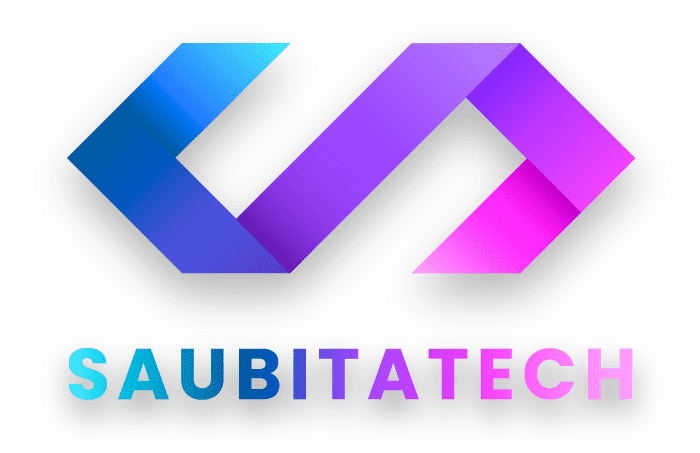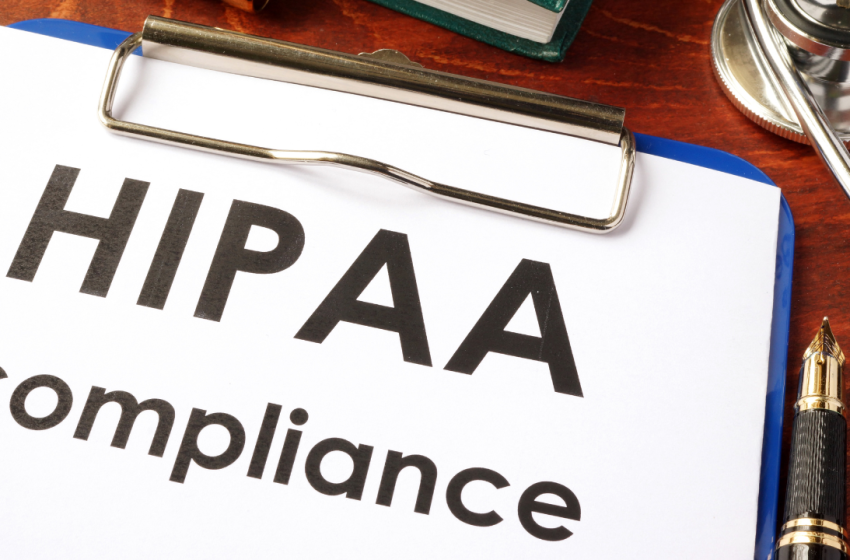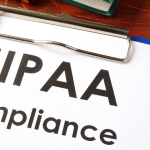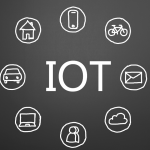Digital transformation in healthcare is accelerating, with mobile and web-based applications revolutionizing the way patients access care and providers manage services. From telemedicine platforms to wearable health trackers, healthcare apps are now an essential part of the medical ecosystem. But with this digital growth comes a critical responsibility—ensuring the security and privacy of sensitive health data. That’s where HIPAA compliance becomes indispensable.
HIPAA, the Health Insurance Portability and Accountability Act, is a U.S. federal law that mandates how personal health information (PHI) must be protected. For any healthcare app dealing with patient data, HIPAA compliance isn’t optional—it’s a legal, ethical, and technological necessity.
In this blog, SaubitaTech explores why HIPAA compliance is crucial for healthcare apps, how it benefits both users and developers, and how we help organizations navigate this complex but vital requirement.
What is HIPAA and Why Does It Matter?
HIPAA was enacted in 1996 to protect the privacy and security of individuals’ medical information. Over the years, the law has evolved to adapt to technological innovations, including mobile apps and cloud platforms.
Any app that handles protected health information (PHI)—such as names, diagnoses, treatment records, insurance details, or biometric data—must comply with HIPAA regulations. This includes hospitals, insurance companies, healthcare providers, and third-party developers who offer apps in the medical domain.
Non-compliance can lead to serious legal consequences, including fines ranging from thousands to millions of dollars, along with significant reputational damage.
HIPAA Requirements for Healthcare Apps
A HIPAA-compliant app must fulfill several security and privacy rules that can be grouped into three primary categories:
1. Administrative Safeguards
These involve policies and procedures to manage the selection, development, and implementation of security measures. This includes:
- Access control policies
- Employee training programs
- Risk assessments
- Contingency planning
2. Physical Safeguards
These measures protect physical access to systems where PHI is stored, such as:
- Secure server environments
- Device tracking and control
- Facility access monitoring
3. Technical Safeguards
The most relevant to app developers, these involve technology-specific measures such as:
- Data encryption (at rest and in transit)
- Access controls (user authentication and authorization)
- Secure data transmission protocols
- Audit controls to track data access
SaubitaTech’s mobile app development services are built around these technical safeguards, ensuring that your app remains secure, scalable, and HIPAA-compliant.
Building Apps for the Internet of Things (IoT)
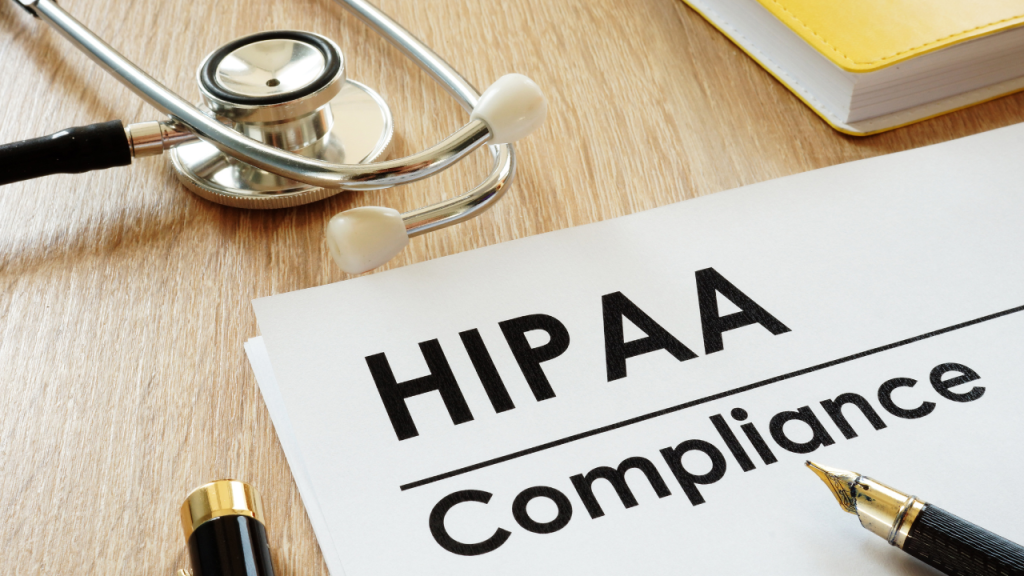
Why Compliance Is a Competitive Advantage
Healthcare organizations are becoming increasingly cautious about who they partner with. Working with a development firm that prioritizes HIPAA compliance, like SaubitaTech, can be a major competitive edge. Here’s why:
1. Patient Trust
Users are more likely to engage with apps that ensure the safety and confidentiality of their health data. HIPAA compliance fosters transparency and accountability, building long-term trust.
2. Risk Reduction
Data breaches in healthcare are among the costliest. By being compliant from the ground up, your app reduces the risk of costly legal issues, data leaks, and downtime.
3. Scalability and Sustainability
A compliant app isn’t just safe—it’s future-proof. As data regulations evolve, a well-architected app will adapt more easily, allowing for smoother scalability and longevity.
SaubitaTech’s Approach to HIPAA-Compliant App Development
At SaubitaTech, we don’t treat compliance as an afterthought. From the first wireframe to post-launch support, our development process integrates HIPAA standards at every step. Our website and application development teams ensure that your app is both functional and legally secure.
Here’s how we do it:
- Secure Architecture Design: Building backend systems with multi-layer encryption and strong authentication.
- Privacy by Design: Ensuring user data collection is limited to only what’s necessary.
- Continuous Testing: Performing regular penetration and vulnerability assessments.
- Audit Logs and Monitoring: Implementing systems that log every access to PHI.
- Data Minimization & Storage Controls: Storing only the essential data and for the minimal time required.
Integrating AI, Automation & HIPAA
As AI and automation become more prominent in healthcare, their intersection with HIPAA compliance becomes even more crucial. Our AI & Robotic Process Automation (RPA) services are built to meet both innovation and regulatory standards.
Whether you’re automating patient appointment reminders or using predictive analytics for care delivery, we ensure every process aligns with HIPAA requirements while optimizing efficiency.
Marketing Automation with Compliance in Mind
Even digital marketing in healthcare must be HIPAA-aware. For example, sending a reminder email about an upcoming appointment or a treatment plan must be done securely. At SaubitaTech, our digital commerce and marketing automation strategies are designed to personalize patient engagement without compromising on data security.
Compliance Across the Talent Lifecycle
Your healthcare app is only as strong as the people behind it. Our recruitment process outsourcing ensures that only skilled and compliance-aware professionals are onboarded to build and manage your product.
We screen for regulatory knowledge and provide continuous training, so your project remains on the right side of the law—at every stage.
When Do You Need to Be HIPAA-Compliant?
The rule of thumb is simple: If your app collects, stores, processes, or transmits PHI and you’re a Covered Entity or a Business Associate—HIPAA applies.
Some scenarios where HIPAA applies:
- Telemedicine apps
- Appointment scheduling platforms
- Remote patient monitoring systems
- Healthcare chatbots
- Medication tracking tools
If your app deals with anything more than anonymous, de-identified data, you need to comply.
Mobile App Security: What You Need to Know
How SaubitaTech Helps You Get Compliant
Whether you’re starting from scratch or updating an existing app, SaubitaTech helps you every step of the way:
- Compliance assessment
- HIPAA-compliant design and development
- Security audits
- Data encryption strategies
- Hosting solutions with HIPAA-certified providers
- Ongoing support & documentation
Let us help you protect your users—and your brand. Start a conversation with our team via our contact page.
Final Thoughts: Compliance Isn’t Optional—It’s Essential
In the fast-moving world of healthcare technology, innovation is vital—but so is responsibility. HIPAA compliance is not a regulatory burden; it’s a standard of care that ensures your users feel safe and protected. It builds trust, reduces risk, and sets the foundation for long-term success.
At SaubitaTech, we bring together the technical expertise, compliance know-how, and agile mindset to develop healthcare apps that meet both business goals and regulatory standards.
Let’s Build Your Next Healthcare Innovation—Safely
SaubitaTech is here to support your healthcare digital journey, whether it’s mobile development, AI integration, or recruitment support. Explore more of our insights by visiting our blogs or reach out to us directly to discuss your next big idea.
